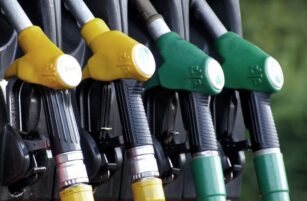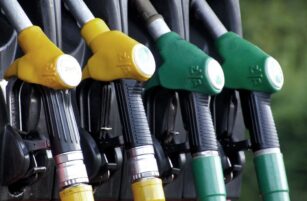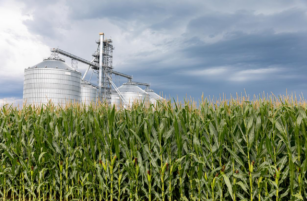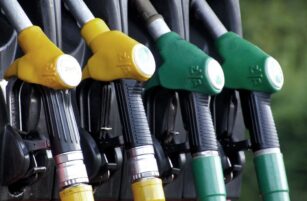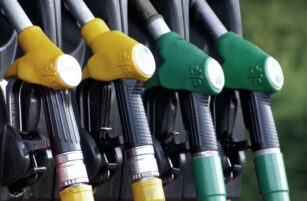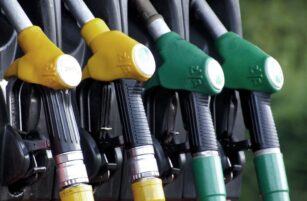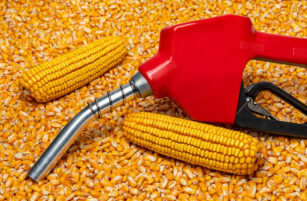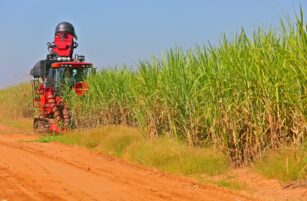Insight Focus
- The EU’s FuelEU regulation for shipping equates biofuels to fossil fuels.
- The bloc argues that this will prevent emissions from land use change and biodiversity loss.
- But ethanol producers on both sides of the Atlantic are taking legal action.
FuelEU Regulation Riles Ethanol Producers
Ethanol producers on both sides of the Atlantic are bristling over an arbitrary assumption made by the European Commission that crop-based biofuels like ethanol have the same lifecycle carbon emission as the dirtiest fossil-based marine fuels used in maritime shipping.
The assumption about crop-based biofuels appears in the EU’s FuelEU Maritime Regulation and effectively bans the use of renewable, crop-based marine fuels as a tool for decarbonizing the marine sector. The regulation argues that promotion of biofuels could lead to adverse impacts from land use change and pose a threat to biodiversity.
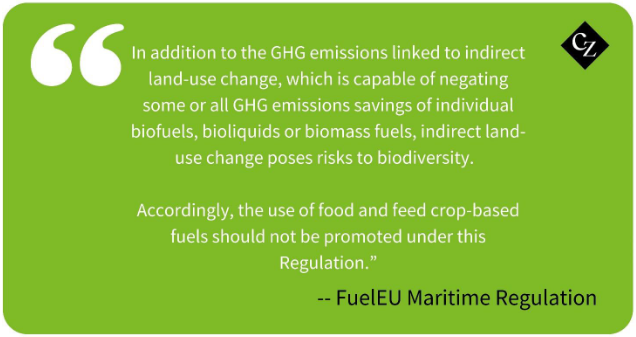
Legal Challenge Launches
In response, European ethanol producers are bringing a legal challenge to the regulation, hoping to annul the relevant provisions adopted by the EU in 2023.
The challenge is brought by ePURE, a trade association representing European ethanol producers, and Pannonia Bio, one of Europe’s largest ethanol producers. The US-based Renewable Fuels Association (RFA) last week filed a petition in support of the ePURE and Pannonia Bio challenge.
ePURE represents the interests of European renewable ethanol producers to EU institutions, industry stakeholders, the media, academia and the general public. Based in Brussels, ePURE speaks for 44 member companies and associations, representing around 50 plants across the EU and UK accounting for about 85% of EU renewable ethanol production.
“The FuelEU Maritime regulation is unlawfully biased against crop-based biofuels, and it harms ethanol producers around the world by denying them access to an emerging low-carbon fuel market,” said RFA President and CEO Geoff Cooper. “In addition, the EU’s maritime regulation is entirely inconsistent with other programs, like the Renewable Energy Directive, in which the EU has confirmed the low-carbon benefits and sustainability of crop-based biofuels.
FuelEU Part of Wider Package
The FuelEU maritime initiative is part of the Fit for 55 package. Presented by the European Commission in July 2021, the package aims to enable the EU to reduce its net greenhouse gas emissions by at least 55% by 2030 compared to 1990 levels and to achieve climate neutrality by 2050.
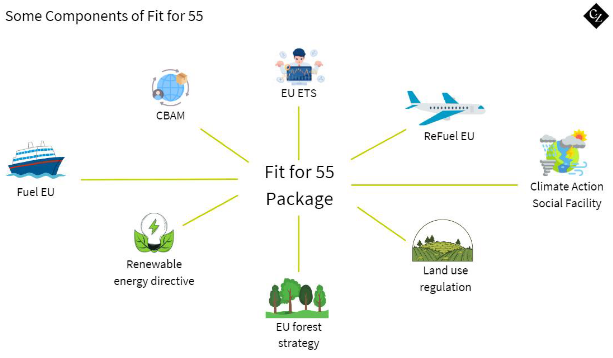
Because the regulation also applies to ships arriving at EU ports, it will affect the fuel choices made by EU-bound ship operators when they refuel outside the EU. In this way, the RFA said, the regulation directly discourages development and use of low-carbon marine fuels in the US.
According to the US Department of Energy, international maritime transport accounts for approximately 3% of global greenhouse gas emissions. This includes a wide variety of vessels, from small recreational boats to massive, ocean-going container ships. Although smaller marine vessels may be powered by batteries or hydrogen fuel cells, many larger vessels need energy-dense fuels to support global voyages.
Maritime trade is critical to the global economy, moving more than 80% of global trade by volume and 70% by value. Since the 1960s, according to the US National Renewable Energy Laboratory, heavy fuel oil (HFO) has been the leading energy carrier for the maritime shipping industry because of its low cost, abundance and developed infrastructure. But HFO, commonly referred to as bunker oil, contains high concentrations of sulphur and heavy metals.
The ethanol industry around the world takes offense whenever ethanol is equated with a heavy polluter such as maritime shipping HFO, which according to numerous studies, is the primary contributor of black carbon in the Arctic Circle.
With a far lower carbon footprint than petroleum-based fuels, sustainable marine fuels are critical for lowering GHG emissions, achieving environmental justice and promoting energy security in the maritime sector.


